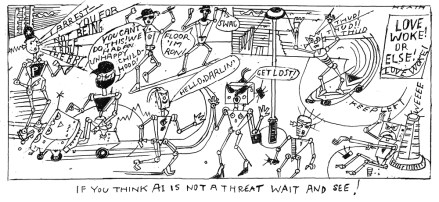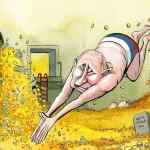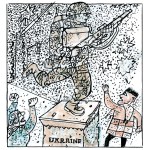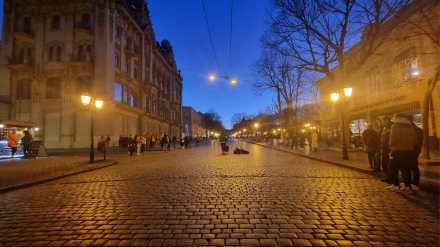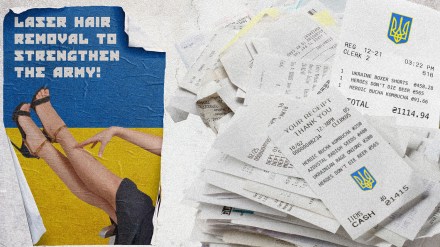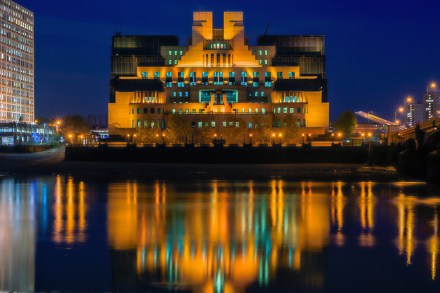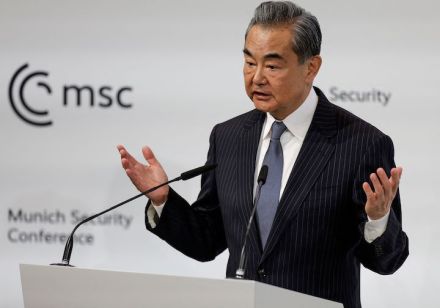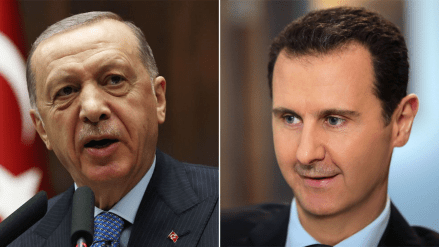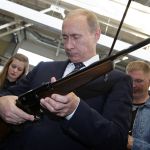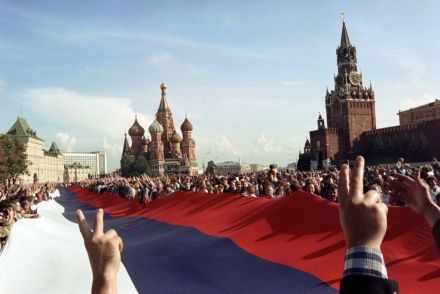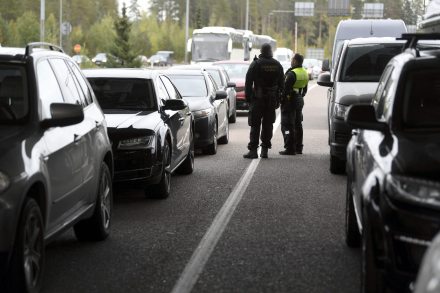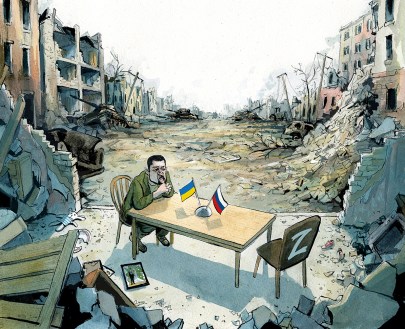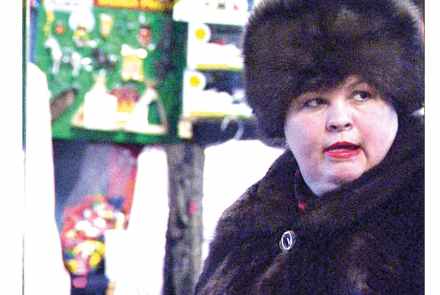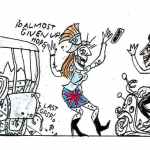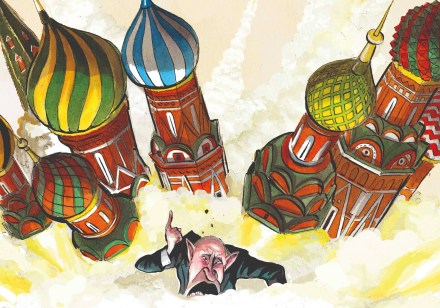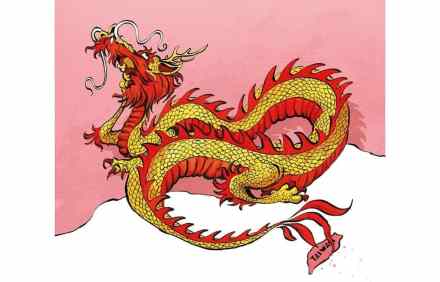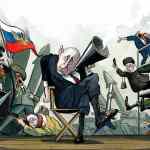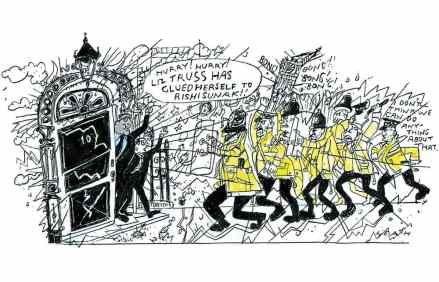Portrait of the week: Coronation protests, new powers for pharmacists and Labour gains ground
Home The day after the coronation, 20,000 attended a concert in Windsor Castle, including the King and Queen. ‘As my grandmother said when she was crowned, coronations are a declaration of our hopes for the future,’ said the Prince of Wales in a speech to the crowd. ‘And I know she’s up there, fondly keeping an eye on us. She would be a proud mother.’ His brother, the Duke of Sussex, had witnessed the coronation from the third row, and left for his family in America immediately after. On television, 20.4 million had seen the King crowned. The Metropolitan Police arrested 64 people, 13 to ‘prevent a breach of the
